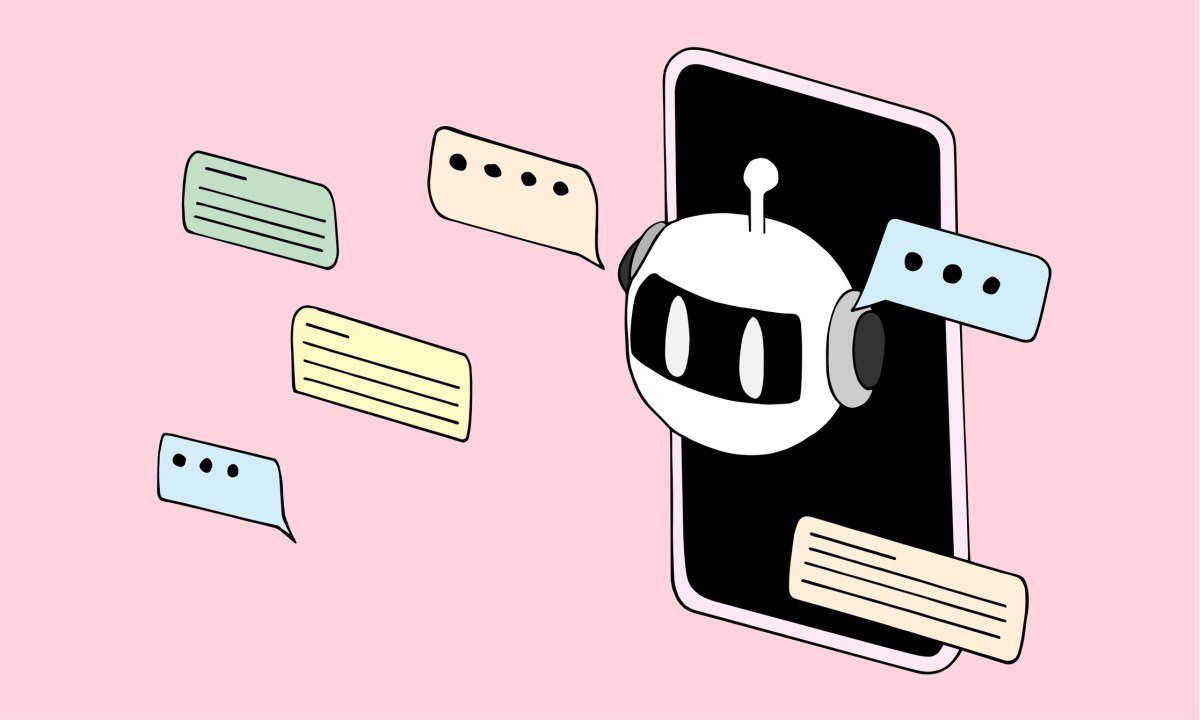The California Assembly Takes a Stand: New Regulations for AI Chatbots
In a significant move toward safeguarding minors and vulnerable users, the California State Assembly has passed SB 243, a bill aimed at regulating AI companion chatbots. With bipartisan support, the legislation is set for a final vote in the state Senate this Friday.
Introducing Safety Protocols for AI Chatbot Operators
Should Governor Gavin Newsom approve the bill, it will come into effect on January 1, 2026, positioning California as the first state to mandate that AI chatbot operators adopt safety measures and assume legal responsibility for any failures in these systems.
Preventing Harmful Interactions with AI Companions
The bill targets AI companions capable of human-like interaction that might expose users to sensitive topics, such as suicidal thoughts or explicit content. Key provisions include regular reminders for users—every three hours for minors—that they are interacting with AI, along with annual transparency reports from major companies like OpenAI, Character.AI, and Replika.
Empowering Individuals to Seek Justice
SB 243 allows individuals who suffer harm due to violations to pursue legal action against AI companies, seeking damages up to $1,000 per infraction along with attorney’s fees.
A Response to Growing Concerns
The legislation gained momentum after the tragic suicide of a teenager, Adam Raine, who had extensive interactions with OpenAI’s ChatGPT, raising alarms about the potential dangers of chatbots. It also follows leaked documents indicating Meta’s chatbots were permitted to engage in inappropriate conversations with minors.
Intensifying Scrutiny Surrounding AI Platforms
As scrutiny of AI systems increases, the Federal Trade Commission is gearing up to investigate the impact of AI chatbots on children’s mental health, while investigations into Meta and Character.AI are being spearheaded by Texas Attorney General Ken Paxton.
Legislators Call for Quick Action and Accountability
State Senator Steve Padilla emphasized the urgency of implementing effective safeguards to protect minors. He advocates for AI companies to disclose data regarding their referrals to crisis services for a better understanding of the potential harms associated with these technologies.
Amendments Modify Initial Requirements
While SB 243 initially proposed stricter measures, many requirements were eliminated, including the prohibition of “variable reward” tactics designed to increase user engagement, which can lead to addictive behaviors. The revised bill also drops mandates for tracking discussions surrounding suicidal ideation.
Finding a Balance: Innovation vs. Regulation
Senator Josh Becker believes the current version of the bill strikes the right balance, addressing harms without imposing unfeasible regulations. Meanwhile, Silicon Valley companies are investing heavily in pro-AI political action committees, aiming to influence upcoming elections.
The Path Forward: Navigating AI Safety Regulations
SB 243 is making its way through the legislative process as California considers another critical piece of legislation, SB 53, which will enforce reporting transparency. In contrast, tech giants oppose this measure, advocating for more lenient regulations.
Combining Innovation with Safeguards
Padilla argues that innovation and regulation should coexist, emphasizing the need for responsible practices that can protect our most vulnerable while allowing for technological advancement.
TechCrunch has reached out to prominent AI companies such as OpenAI, Anthropic, Meta, Character.AI, and Replika for further commentary.
Here are five frequently asked questions (FAQs) regarding the California bill that aims to regulate AI companion chatbots:
FAQ 1: What is the purpose of the California bill regulating AI companion chatbots?
Answer: The bill aims to ensure the safety and transparency of AI companion chatbots, addressing concerns related to user privacy, misinformation, and the potential emotional impact on users. It seeks to create guidelines for the ethical use and development of these technologies.
FAQ 2: How will the regulation affect AI chatbot developers?
Answer: Developers will need to comply with specific standards, including transparency about data handling, user consent protocols, and measures for preventing harmful interactions. This may involve disclosing the chatbot’s AI nature and providing clear information about data usage.
FAQ 3: What protections will users have under this bill?
Answer: Users will gain better access to information about how their personal data is used and stored. Additionally, safeguards will be implemented to minimize the risk of emotional manipulation and ensure that chatbots do not disseminate harmful or misleading information.
FAQ 4: Will this bill affect existing AI chatbots on the market?
Answer: Yes, existing chatbots may need to be updated to comply with the new regulations, particularly regarding user consent and transparency. Developers will be required to assess their current systems to align with the forthcoming legal standards.
FAQ 5: When is the bill expected to be enacted into law?
Answer: The bill is in the final stages of the legislative process and is expected to be enacted soon, although an exact date for implementation may vary based on the legislative timeline and any necessary amendments before it becomes law.


No comment yet, add your voice below!